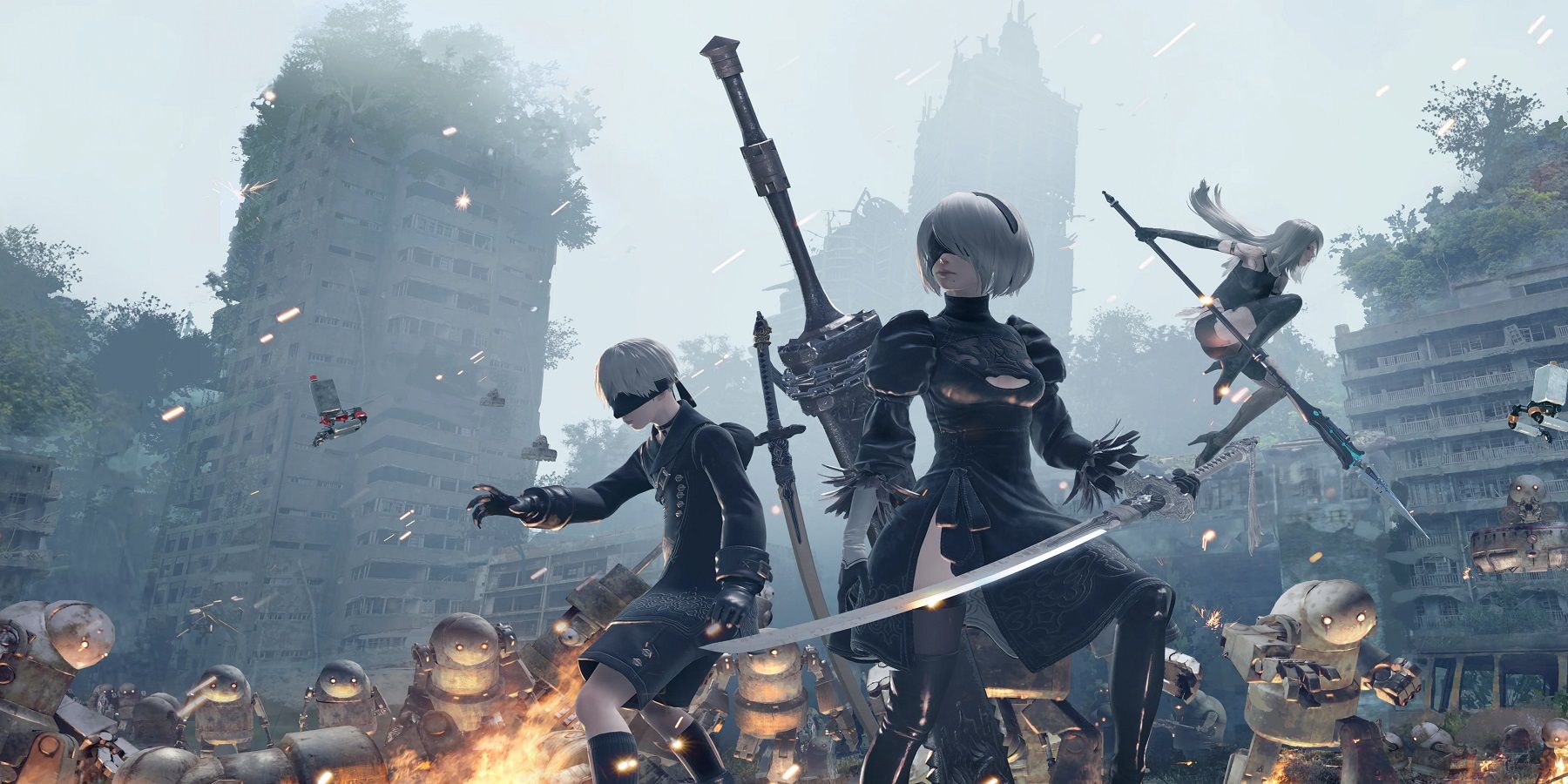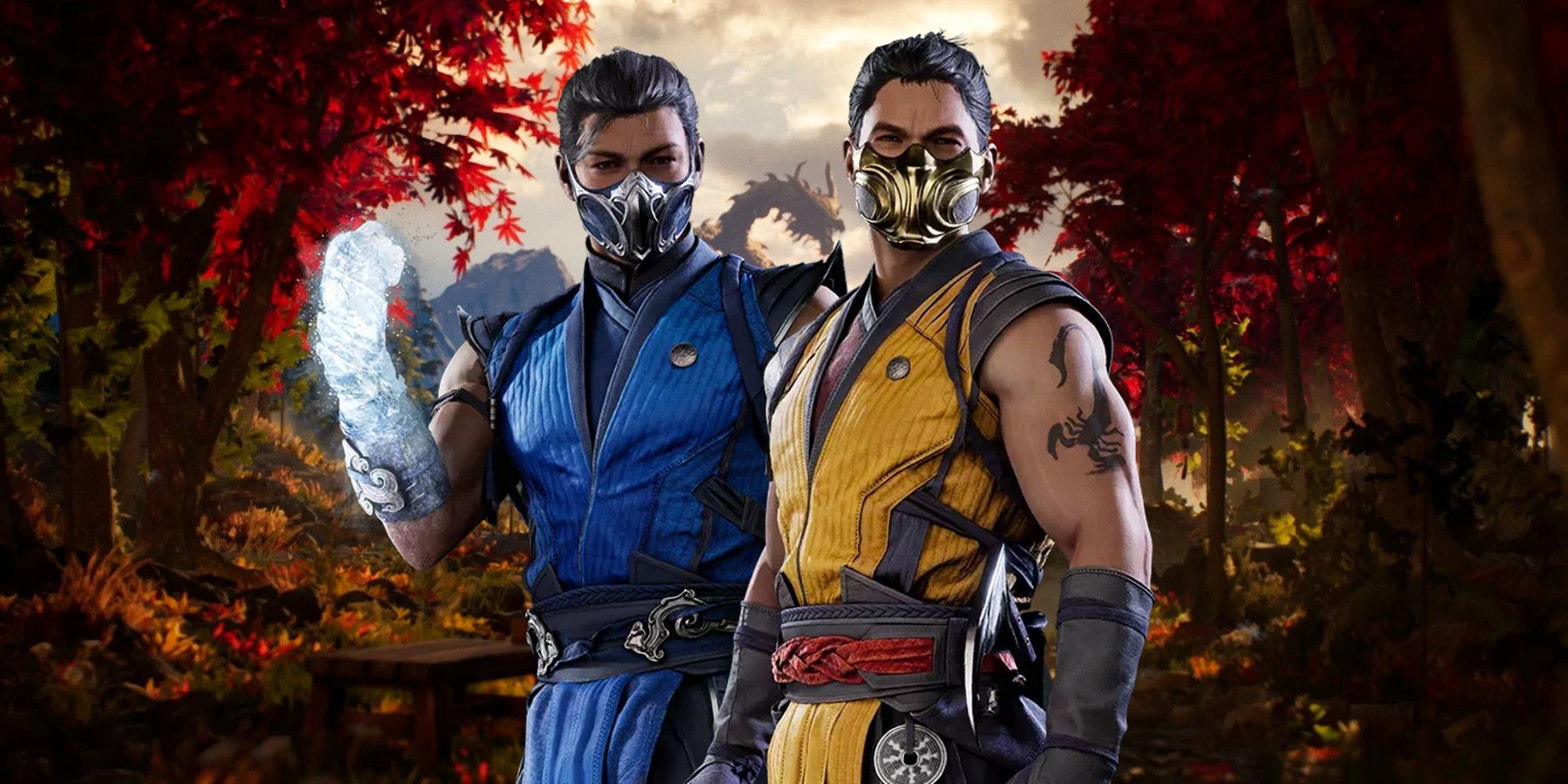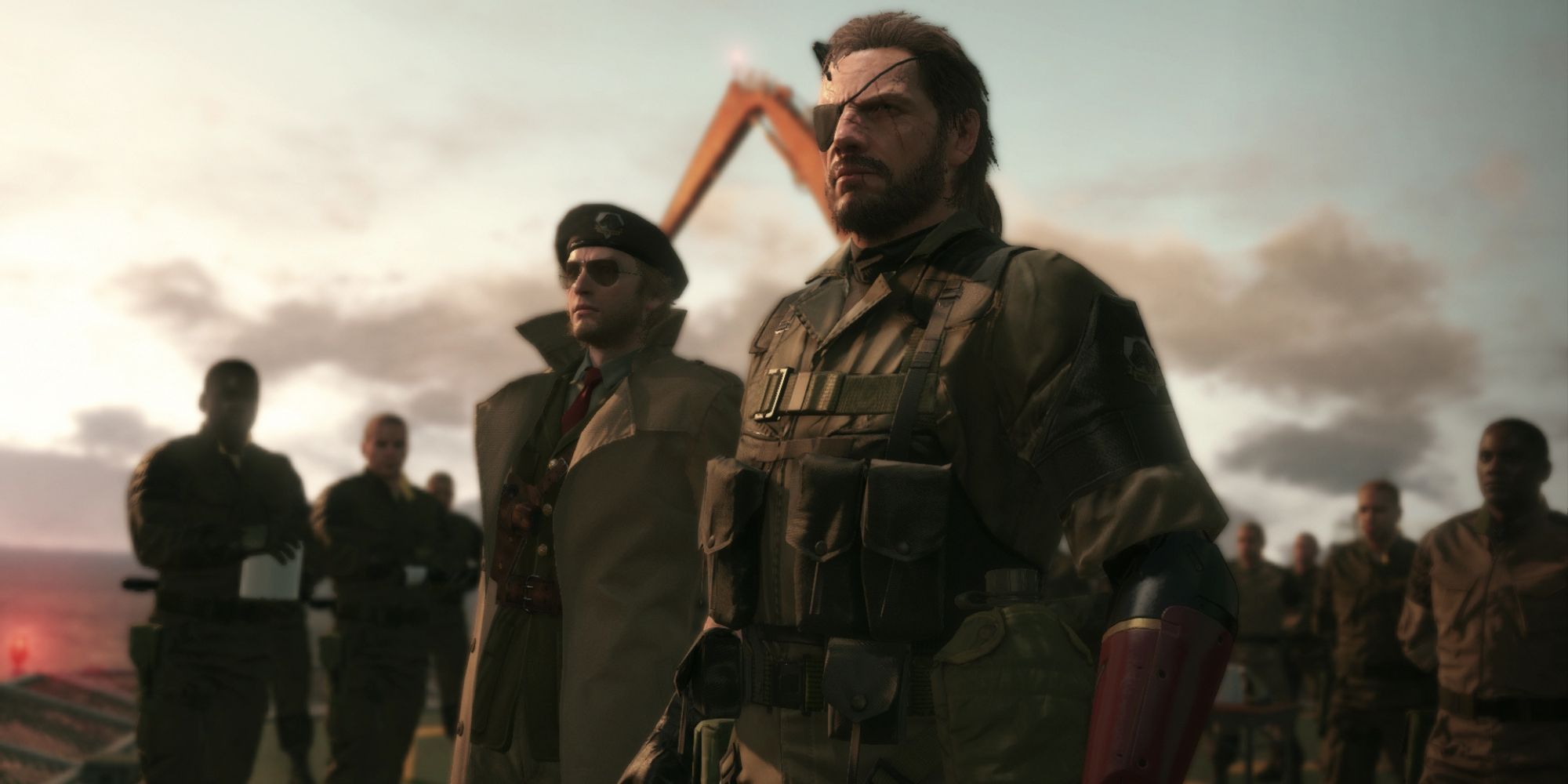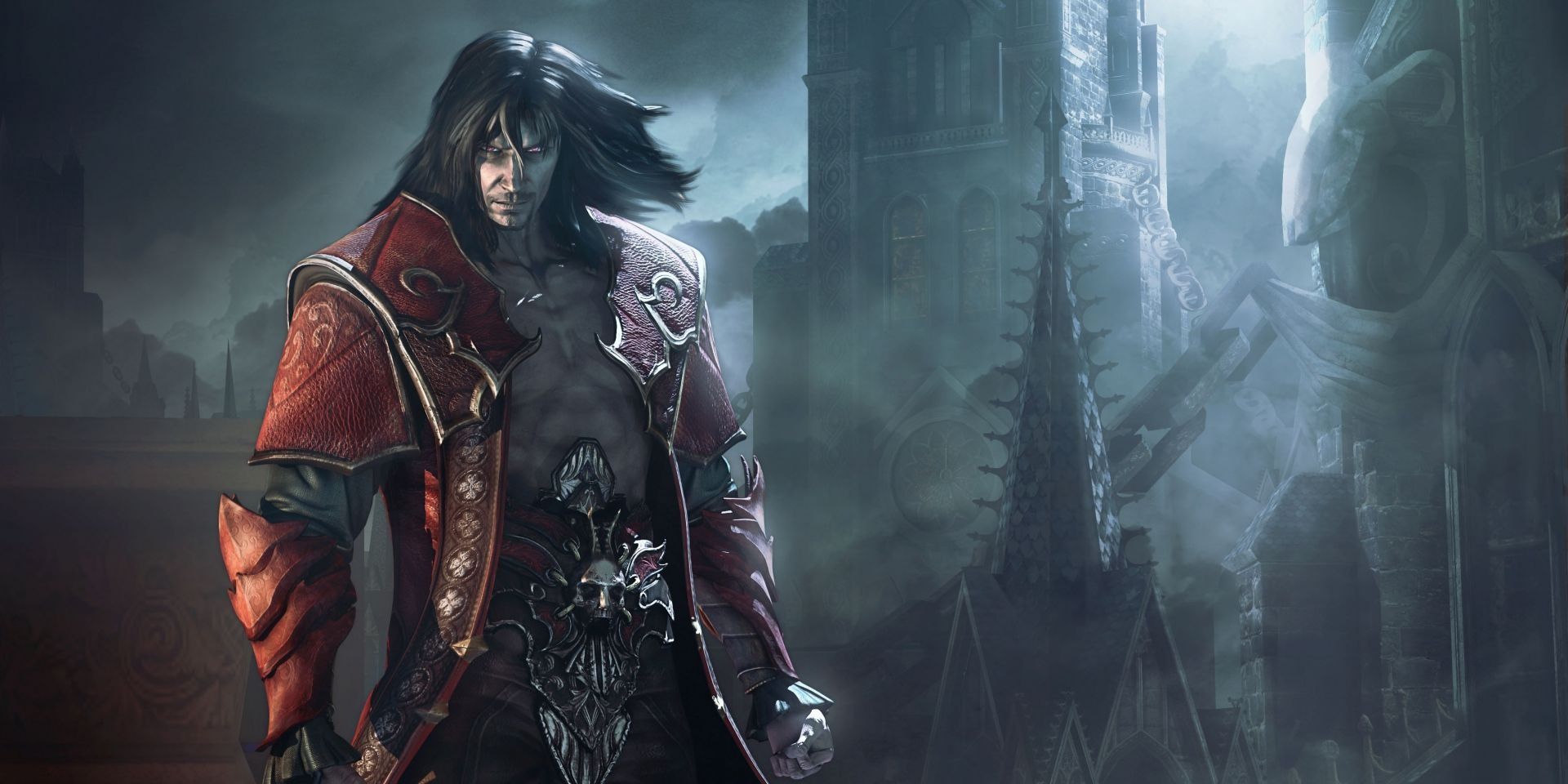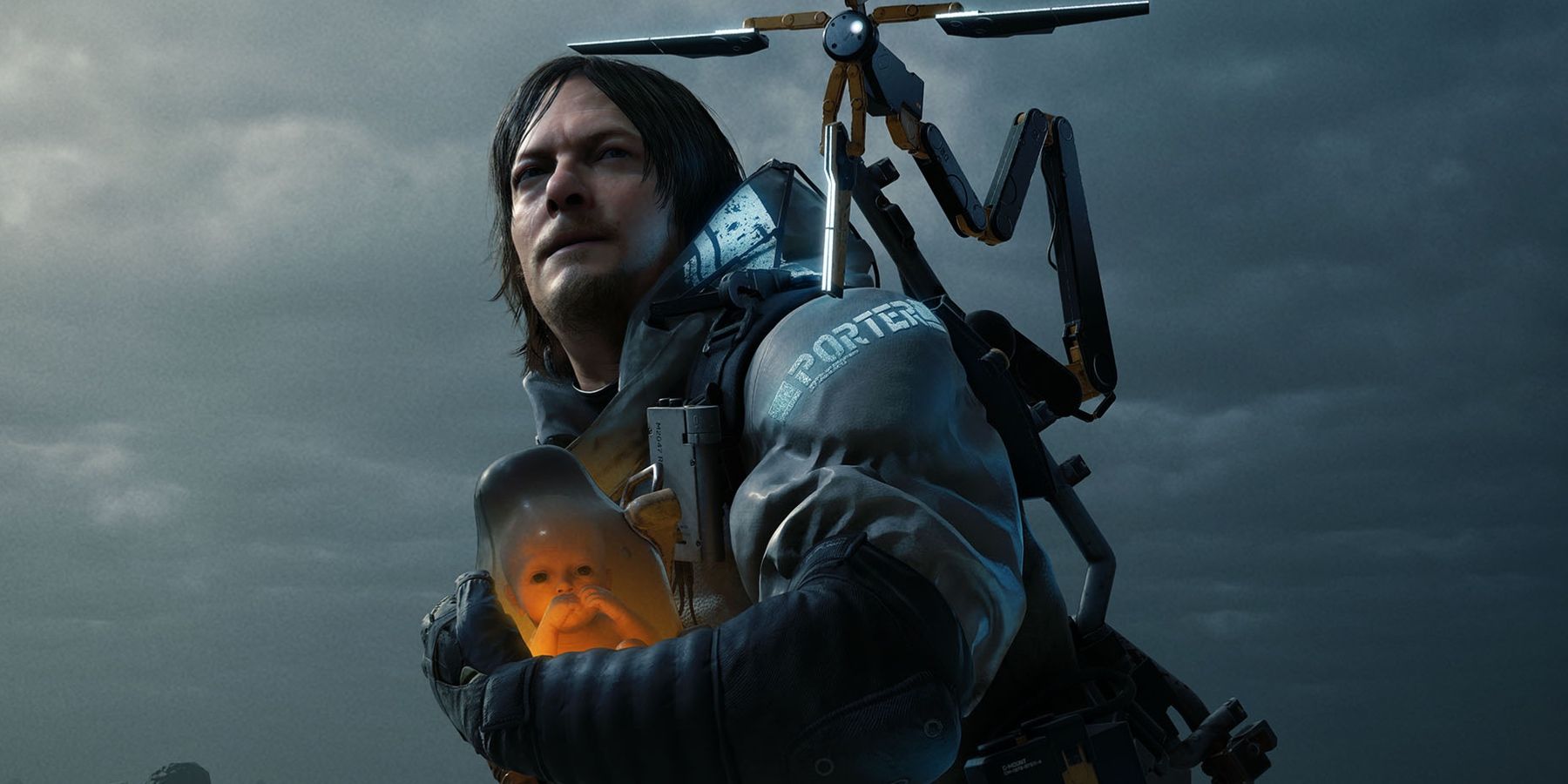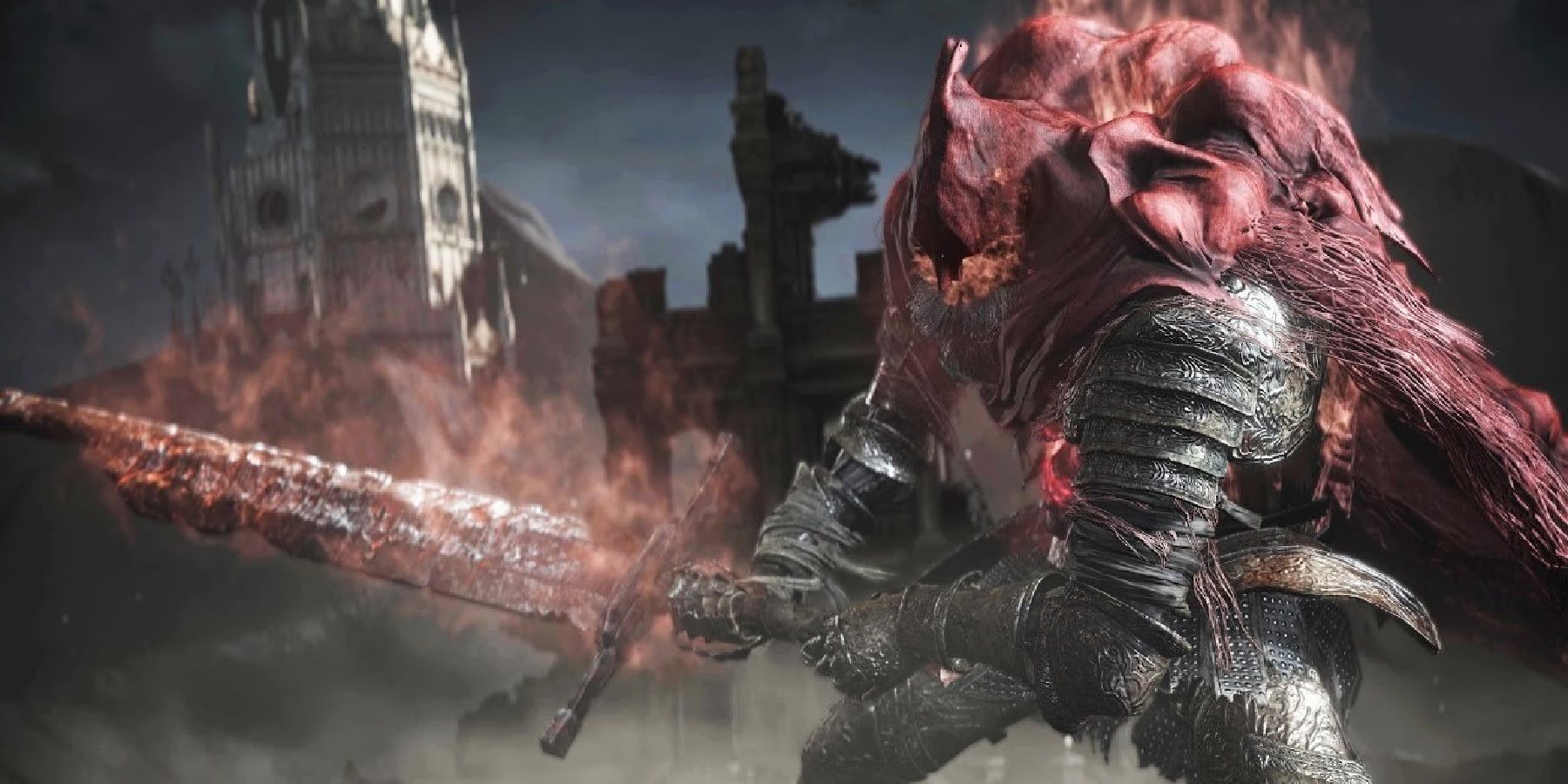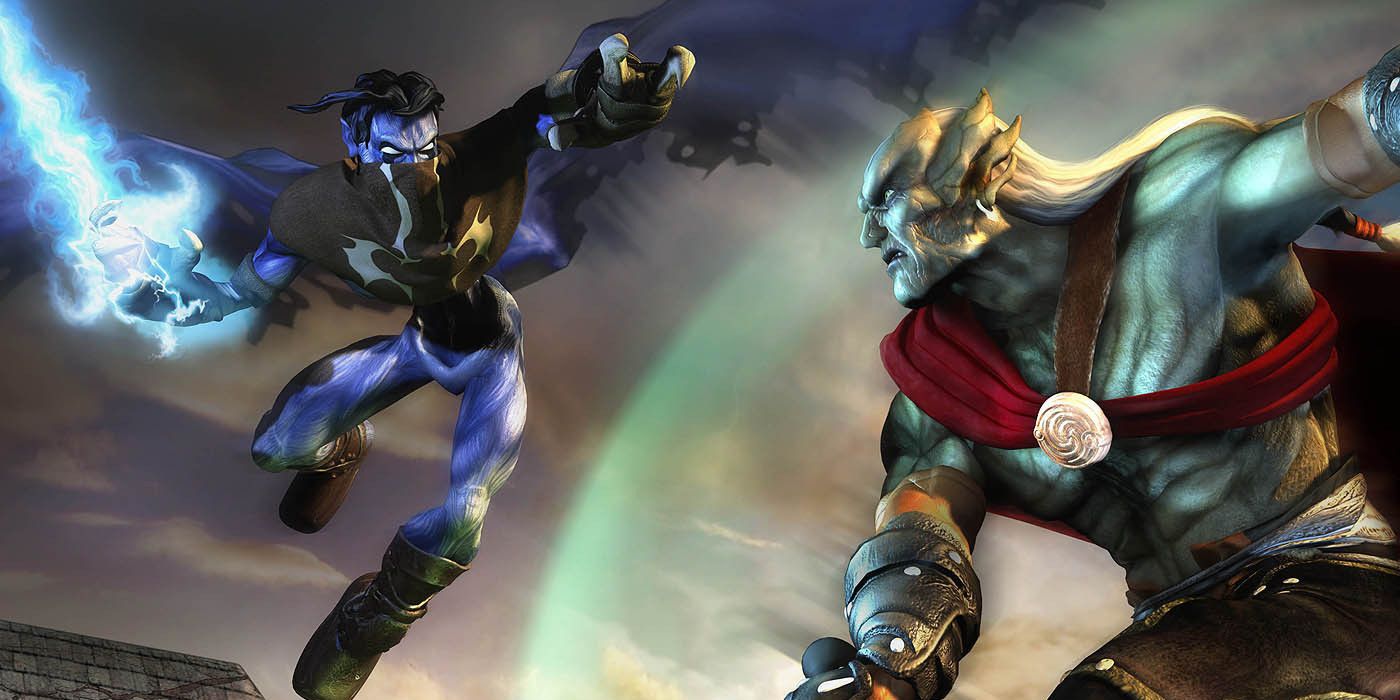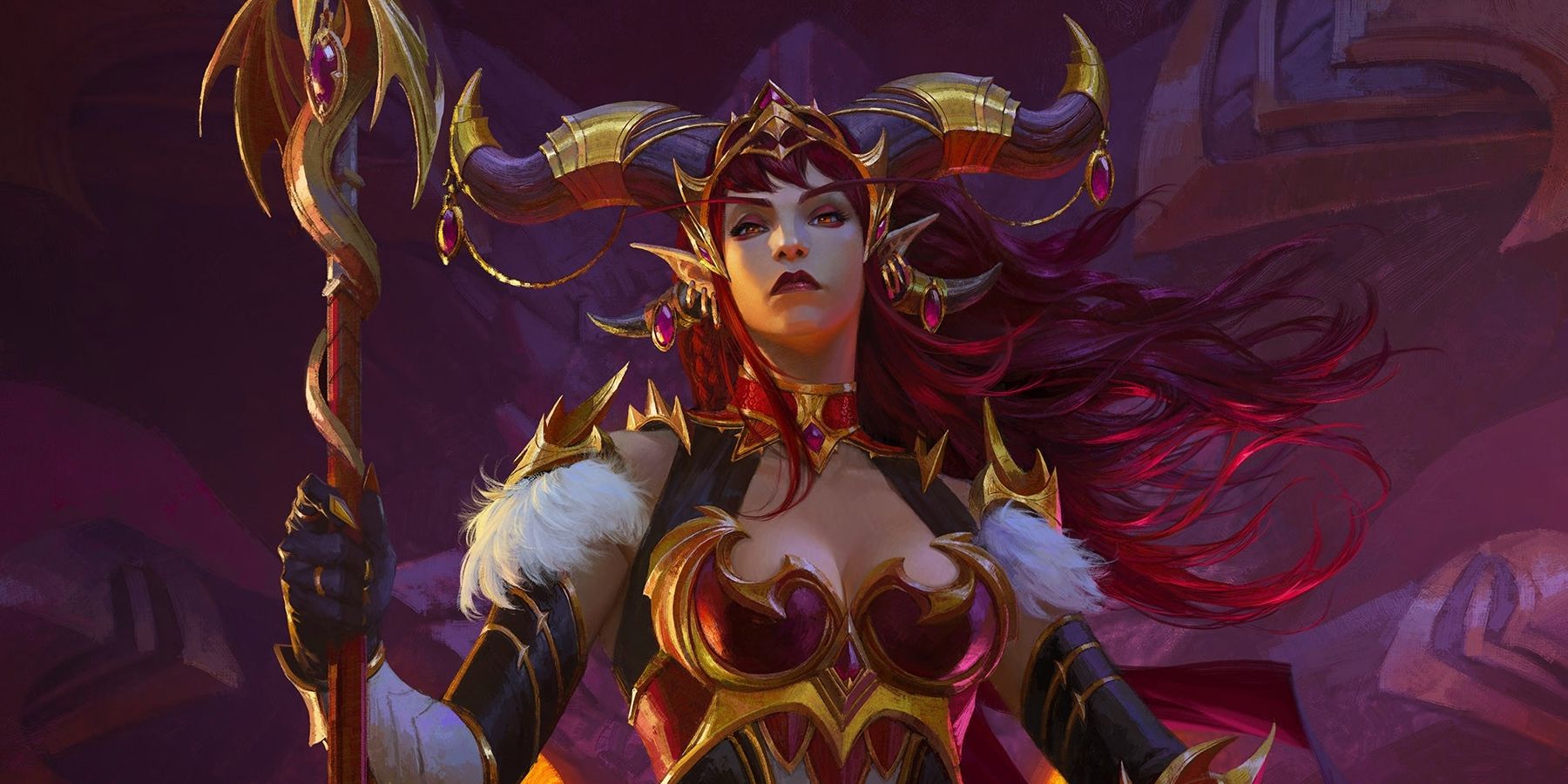
The Mind-Bending Maze: Unraveling Complex Timelines in Games like Kingdom Hearts

Discover a world of intricate timelines in gaming! While Kingdom Hearts is renowned for its complex narrative, other franchises like NieR/Drakengard, Mortal Kombat, Metal Gear Solid, Castlevania, Death Stranding, Dark Souls, and Legacy of Kain have equally captivating and convoluted storylines Dive into these mesmerizing sagas that will keep you hooked for hours on end
Highlights
Alongside Kingdom Hearts, other video game series such as NieR/Drakengard, Mortal Kombat, Metal Gear Solid, Castlevania, Death Stranding, Dark Souls, and Legacy of Kain also boast complex and convoluted timelines.
Franchises often include prequels, sequels, spin-offs, and alternate timelines, which can make them challenging for newcomers. However, their captivating and intricate narratives make the effort worthwhile.
Each franchise employs a distinct approach to expanding its timeline, including time travel, origin stories, branching timelines, and interconnecting characters and events across multiple games.
Recognized for its intricate storyline within the realm of video games, the Kingdom Hearts series has seamlessly combined elements from Final Fantasy and Disney for more than two decades. What originally started as a simple experiment in the first Kingdom Hearts game has evolved into a complex universe filled with original concepts and intertwining stories that span multiple generations. Despite its complexity, Kingdom Hearts is not alone in its intricate and captivating narrative.
For players who did not experience the games as they were released, constructing the Kingdom Hearts timeline can be a challenging task. Following the order of release offers the clearest understanding of Tetsuya Nomura's creative vision. However, the tales of Heartless, Nobodies, and keyblades can still be perplexing. Similar franchises exist within this space, making them equally daunting to approach, but their deep and captivating narratives make the effort worthwhile.
NieR/Drakengard
While many gamers may be familiar with the successful release of NieR: Automata in 2017, the NieR franchise has undergone a somewhat unconventional journey before venturing into the distant future ruled by machines. In fact, the vision of series creator Yoko Taro dates back to the year 2003 with the game Drakengard, a fantasy action RPG that featured an alternative conclusion involving time travel to present-day Tokyo through the extraordinary power of the game's final boss. The subsequent installment, Drakengard 3, further explores the origins of this scenario, whereas Drakengard 2 takes a somewhat confusing detour unrelated to the overarching narrative. The original NieR acts as a direct continuation of the E ending in Drakengard, effectively establishing Automata's storyline as a parallel branch of the events depicted in the first game.
Mortal Kombat
Even casual Mortal Kombat fans are likely familiar with the complex timeline of the series. Mortal Kombat 1 has brought yet another significant shift in the chronology. The original arcade and PS2 games were all part of a cohesive story, which concluded with the appropriately named Armageddon. Ignoring its detour into the DC Universe, NetherRealm then created the 2011 reboot to function as a time-traveling sequel. The subsequent installment, Mortal Kombat X, propelled the narrative forward with a time jump, introducing a new generation of fighters before MK11 hit the reset button once again. MK1 now focuses on a fresh timeline led by Liu Kang, but its lifespan remains uncertain.
Metal Gear Solid
Beginning with Solid Snake's introduction in the perplexing "future" of 2005, Hideo Kojima's Metal Gear Solid series evolved into an intricate narrative. Metal Gear Solid 2 ingeniously continued the storyline, while MGS3, a prequel and origin tale set in 1964, forever disrupted the franchise. With the fourth and fifth installments taking place in the future and past respectively, the various spin-offs and side missions introduced throughout have all had to intricately weave themselves into Metal Gear's tapestry of fictional geopolitical conflicts, characters with similar monikers, and symbolic imagery.
Castlevania
While the more recent Lords of Shadow reboot timeline is relatively straightforward to understand, the overall narrative of Castlevania is renowned for its complexity. Originating with the original game in 1691, which was released in 1986, Castlevania has ventured into various tangents and experimental paths over the years. The sequel, Simon's Quest, continued the story directly, whereas Dracula's Curse delved centuries into the past as a prequel.
Death Stranding
Rondo of Blood and Symphony of the Night, both significant entries in the series, follow the release of several prequels including Lament of Innocence. Bloodlines propelled the series into the 20th century, while Aria of Sorrow marked the beginning of a new saga set in the future of 2035. This leaves the franchise open-ended for new players, providing no clear starting point.Created by Hideo Kojima, Death Stranding sets itself apart with its intricate timeline. Taking place in the post-apocalyptic future of 2050, the game's disrupted reality follows Sam Porter Bridges as he unravels the secrets of his own history and the catastrophic Death Stranding event. The world is plagued by the destructive rain called Timefall, which accelerates aging, as well as mysterious entities known as the Beached Things. The depth of Death Stranding's timeline lies in the enigmatic past that has led to this gripping narrative.
Dark Souls
Beginning with Demon's Souls, the original Dark Souls introduced a rich lore that told its own captivating timeline. The events surrounding Gwyn, which occurred before players arrived in Lordran, have fascinated gamers for years. As the franchise evolved with Dark Souls 2's exploration of Drangleic and the third game's deepening of the lore in Lothric, the Dark Souls series now encompasses a vast timeline that sparks speculation and theories. FromSoftware meticulously crafted this intricate lore spanning across millennia and kingdoms, long before they created Elden Ring.
Legacy of Kain
Often underestimated in modern times, the world of Nosgoth in the Legacy of Kain series stands out due to its captivating narrative of parallel timelines and quest for vengeance. Blood Omen introduces Kain, a vampire whose transformation and desire for retribution pave the way for a dark future under his rule. The perspective then shifts to Raziel in Soul Reaver, a betrayed lieutenant determined to exact his own revenge.
In Soul Reaver 2, Raziel pursued Kain into the past, revealing hidden truths about the vampire race and causing various timelines to emerge. Among these timelines was the backdrop for Blood Omen 2, a prequel that delved deeper into the challenges faced by Kain in his quest for dominion. Defiance marked the ultimate installment, bringing together the two vampires as central protagonists in a narrative that intertwined time travel and the presence of multiple character versions.
